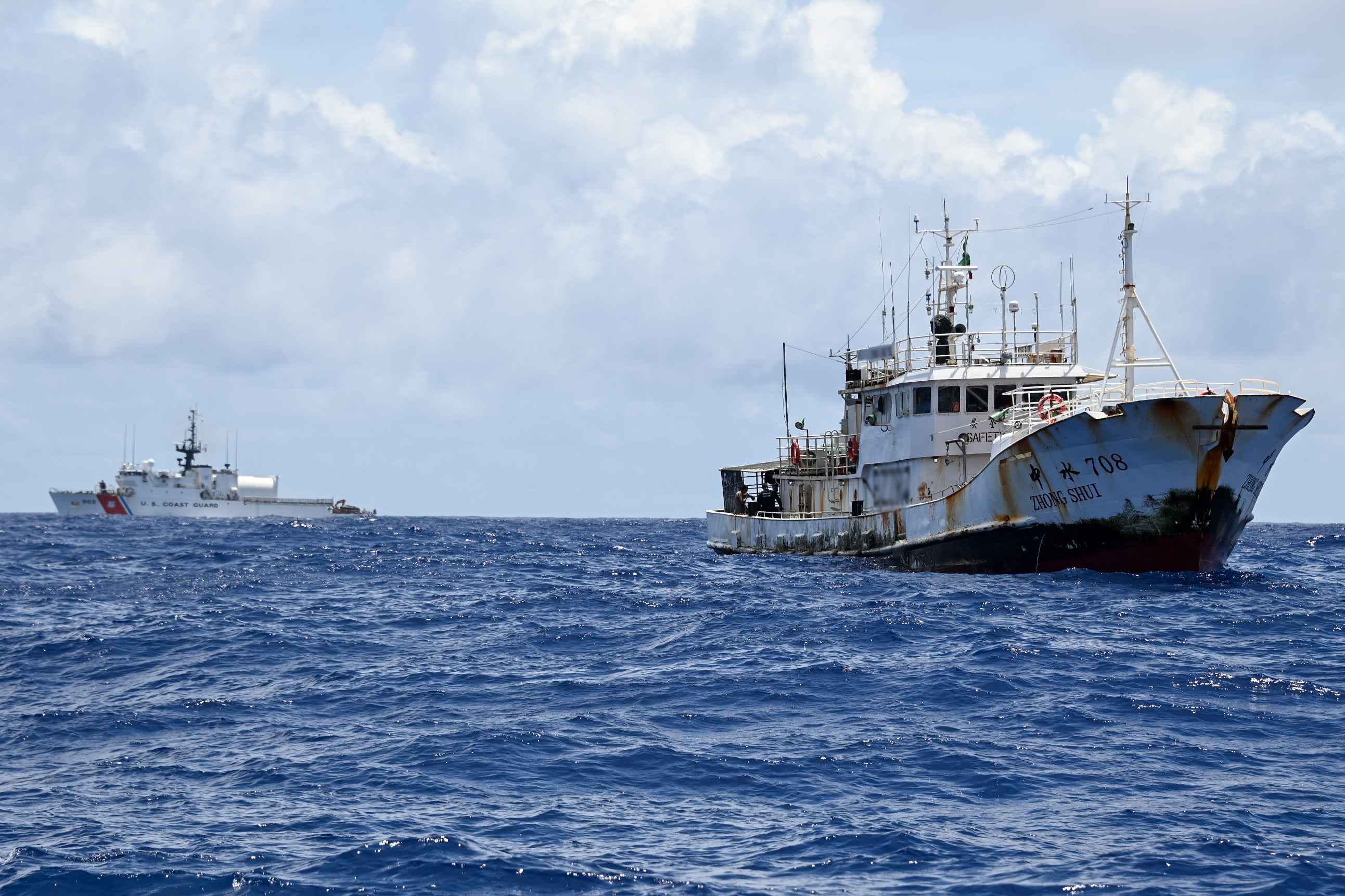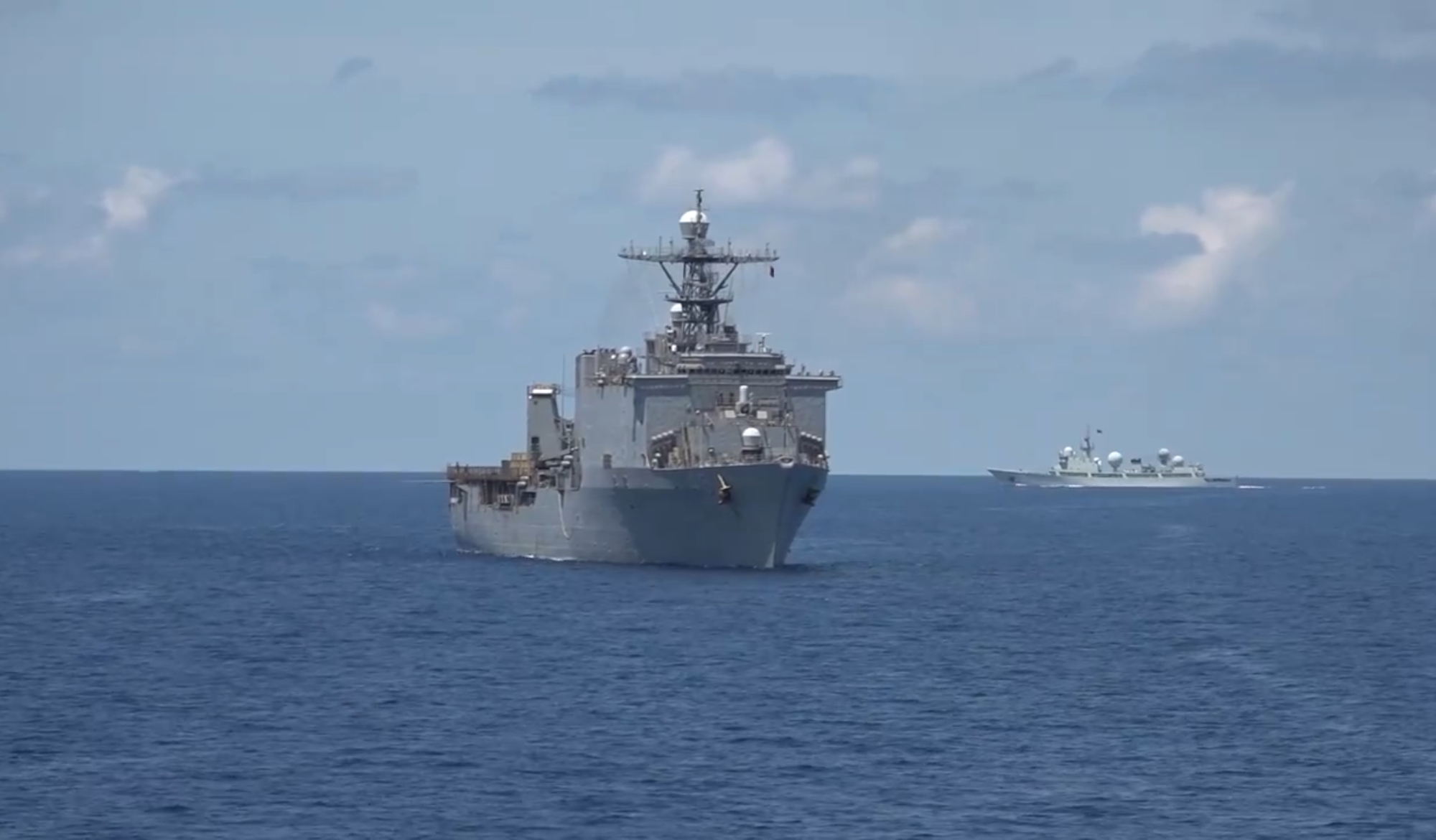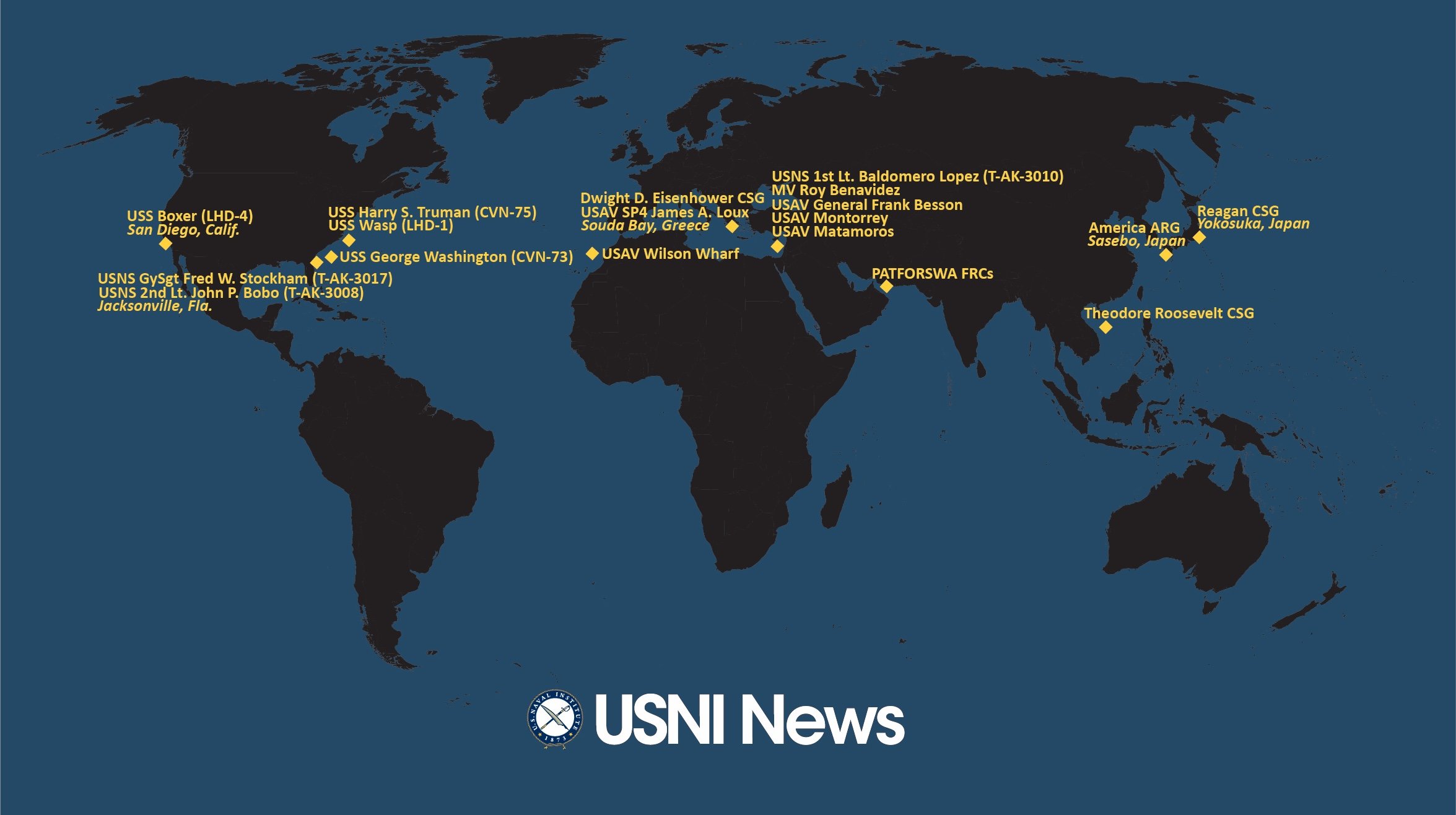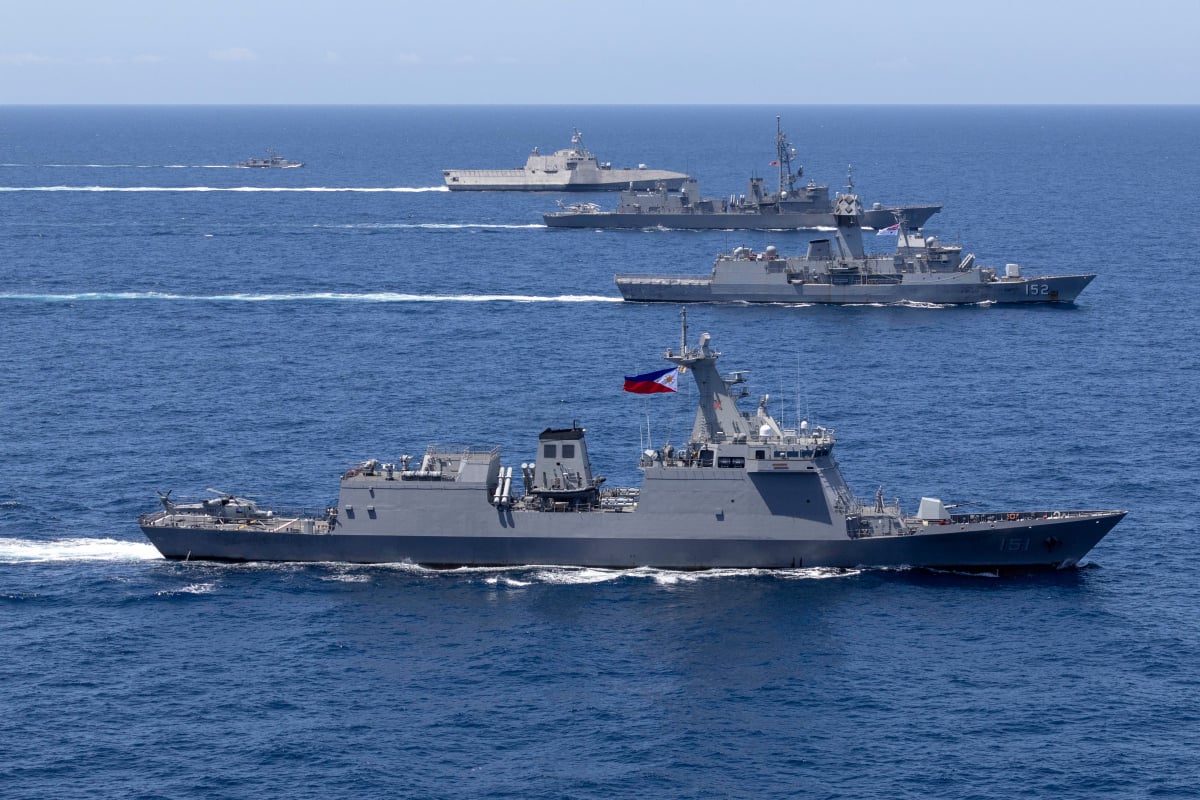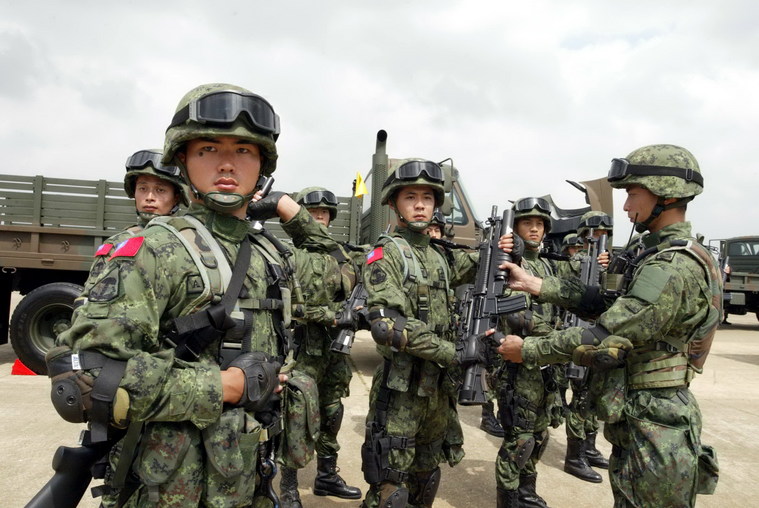
The lack of a pending arms package sale to Taiwan has raised concerns with two U.S. senators on America’s commitment to Taiwanese security, according to a Nov. 19 letter to the White House.
In the letter — obtained by USNI News — Senate Armed Services Committee chair Sen. John McCain (R-Ariz.) and Sen. Ben Cardin (D-Md.) expressed concerns that the U.S. has not done enough to adequately arm Taiwan while China is in the midst of a rapid military expansion.
“While recent relations between Taiwan and China have been more encouraging, we remain concerned that China’s ongoing military modernization, and the threat it poses to peace and security in the Taiwan Strait, is not being adequately addressed,” read the letter
“We are troubled that it has now been over four years — the longest period since the passage of the Taiwan Relations Act in 1979 — since the administration has notified Congress of a new arms sale package.”
In particular, Cardin and McCain pointed out the Taiwanese requirements for a new fighter and submarines in their letter as needs but dwelled less on specific systems and more on larger U.S. security assistance goals with Taiwan.

The pair also expressed concern that Taiwan itself was not spending enough to meet its own goals.
“We believe that it is equally important that Taiwan strive to meet President Ma Ying-jeou’s 2008 commitment to invest at least 3 percent of its annual gross domestic product on defense,” read the letter.
“We are increasingly concerned that, absent a change in defense spending. Taiwan’s military will continue to be under-resourced and unable to make the investments necessary to maintain a credible deterrent across the strait, especially as its limited defense resources are increasingly constrained by growing military personnel costs.”
Arms sales to Taiwan are politically sensitive in the world’s relationship to China with Beijing vigorously denouncing any other country’s attempt to arm what the China sees as a rouge province with no claims to independence.
“China firmly opposes foreign arms sale to Taiwan and any form of military technology exchanges and cooperation between Taiwan and foreign countries. This position is clear-cut and consistent,” a Chinese Ministry of Foreign Affairs spokesperson said shortly after news of Taiwan securing foreign help for a new class of minesweepers.
“We ask relevant countries to respect China’s core interests, adhere to the one-China principle, neither sell arms to Taiwan in any form nor assist Taiwan in developing its military equipment, and take concrete actions to support the peaceful development of cross-strait relations and peaceful reunification of China.”
The U.S. is one of the few nations that is willing to sell arms to China but even so U.S. has moved cautiously in the last decade.
The last time the Obama administration notified Congress of a foreign military sale (FMS) to Taiwan was in Sept. 21, 2011 for a $5.9 billion package that included upgrades for Taiwan’s fleet of Lockheed Martin F-16 Falcon fighters — four years ago.
It was the first after a 2010, $6 billion arms sale package to Taiwan caused China to break off military to military relations with the U.S.
The George W. Bush administration also drew criticism for arms sales to Taiwan, according to a 2014 Congressional Research Service report.
Naval analyst author of U.S. Naval Institute’s Combat Fleets of the World Eric Wertheim told USNI News last week that the letter from McCain and Cardin reflected an ongoing criticism of administrations and their positions on Chinese arms sales.
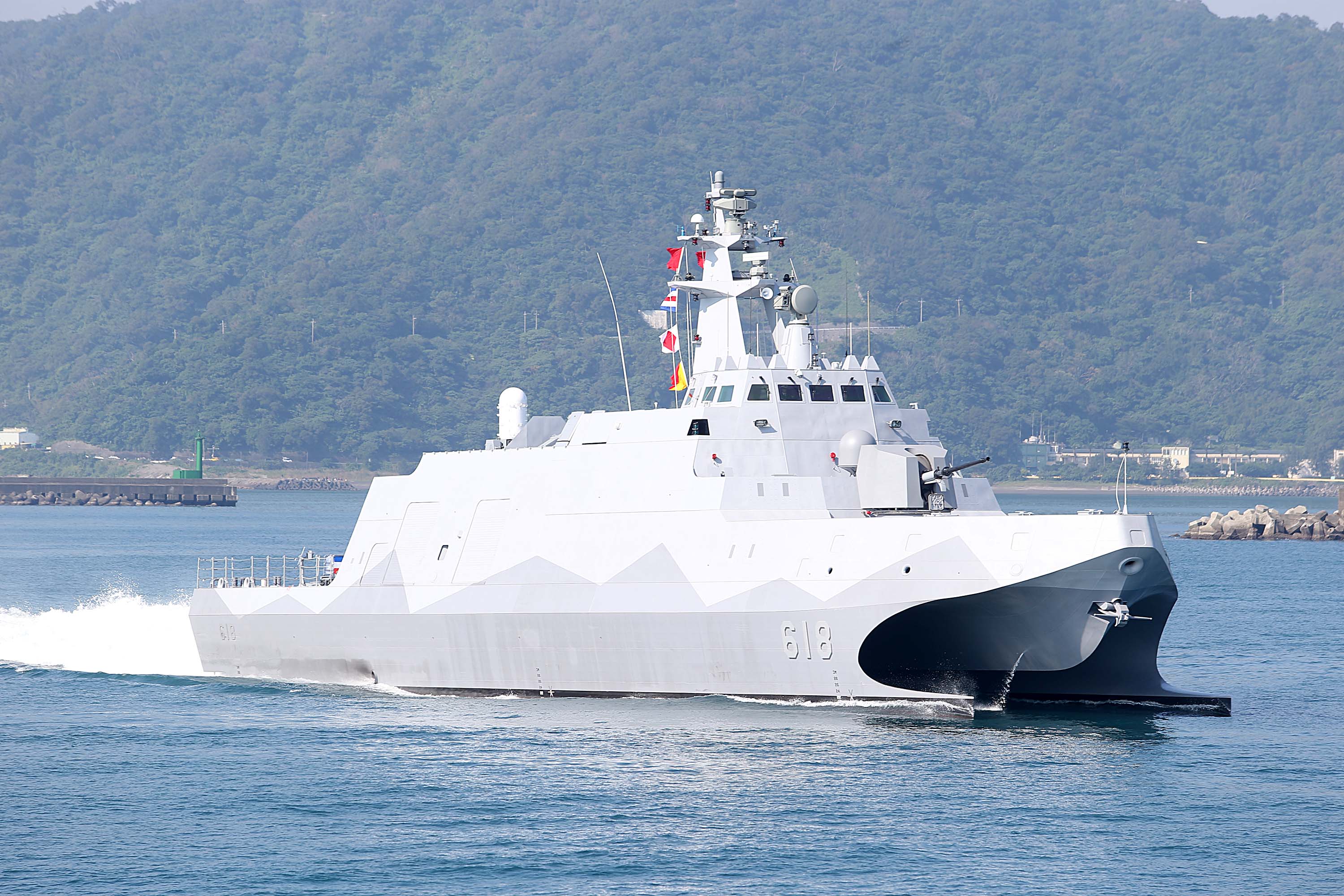
“This whole issue to be easy to discuss when you’re in [charge] but once you’re in the driver’s seat its really tough to move because of opposition from China,” he said.
Chief among Taiwan’s military needs is a new stable of submarines to replace its badly aging fleet of diesel-electric attack boats (SSKs) — two Dutch-built, 1980s vintage 2,600-ton Hai-lang-class SSKs and two World War II era U.S. Guppy-class boats used for training.
The Bush administration promised Taiwan eight SSKs but for a variety of reasons never made good on the promise of the new boats.
Earlier this year the Taiwan Ministry of Defense announced it would embark on its own submarine program but it faces a challenge, Wertheim said.
“I think in the long term they’re going to do it but it’s not going to be an easy design process,” he said.
Taiwan is in the midst of a naval refresh. In addition to the submarine enterprise, Taiwan is on a list to get some of the recently retired Oliver Hazard Perry-class frigates, building a new class of missile corvettes and minesweepers.


